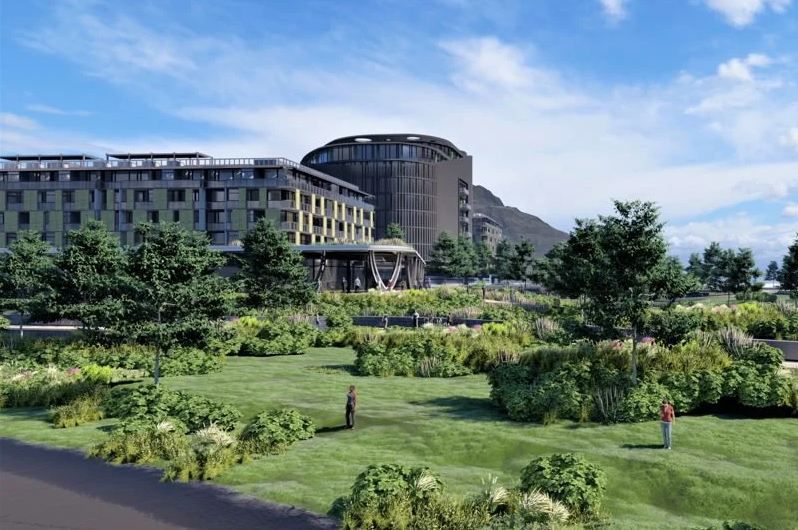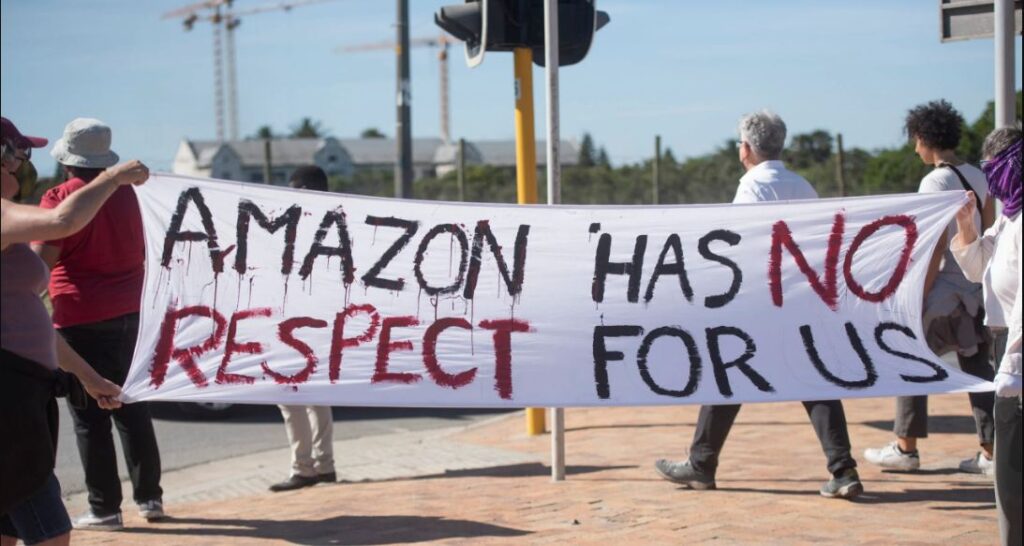Amazon Looking to Pull Plug on River Club Project in Cape Town

With delays on the over $270M River Club Multipurpose Cape Town Headquarters project, Amazon is losing patience. The developer would have to abandon the entire River Club project if there were further delays on the construction. According to The Sunday Times, the warning was included in an affidavit that developer, Liesbeek Leisure Property Trust (LLPT) submitted this week to the Supreme Court of Appeal.
The document claims that the Amazon Development Centre (ADC) would probably terminate the developer agreement if there were any more delays at the River Club building site.
Because LLPT had not engaged in meaningful consultation with the impacted First Nations people, who view the development region as sacred territory, the Western Cape High Court ordered in March 2022 that all work at the construction site cease.
The developer later filed a leave to appeal application, but the High Court rejected it in a decision issued in May 2022. To reverse the order, it is currently filing an appeal with the Supreme Court of Appeal (SCA).
The Amazon Development Centre claimed that they had been informed that additional delays may put the construction back between 12 and 24 months in an affidavit from LLPT trustee and spokesperson James Tannenberger.
“Any such delay would almost certainly see ADC terminating the development agreement and the lease agreements, as it would be entitled to do. Indeed, even a reduced delay of six months will result in termination by ADC,” said Tannenberger.
Who’s Paying After the Rumble?
Claims that LLPT failed to engage in meaningful consultation with the affected First Nations groups were refuted by the developer. It claimed there is no legal claim to the intangible heritage of the larger Two Rivers area, where the River Club development was created, by the Goringhaicona Khoi Khoin Traditional Council (GKKTC) or Observatory Civic Association.

According to LLPT, the construction shutdown will cost 19,000 indirect employments and an additional 6,000 direct jobs. The larger community would also miss out on socioeconomic and environmental benefits including housing subsidies from the developer for people who otherwise couldn’t afford to reside in the suburb, significant road improvements nearby, and open-air green spaces and gardens.
Tannenberger said, ADC has made it clear that it cannot and will not allow any further major delay in the negotiations to modify these dates. The project could incur a delay penalty of $26k payable to Amazon for each day it is behind schedule if construction and lease commencement are not completed by the agreed-upon timeframes.
Tannenberger continued that LLPT would also be liable for $1.3M in penalties to Rand Merchant Bank for terminated loan agreements and $6.8M for standing time to contractor WBHO.
